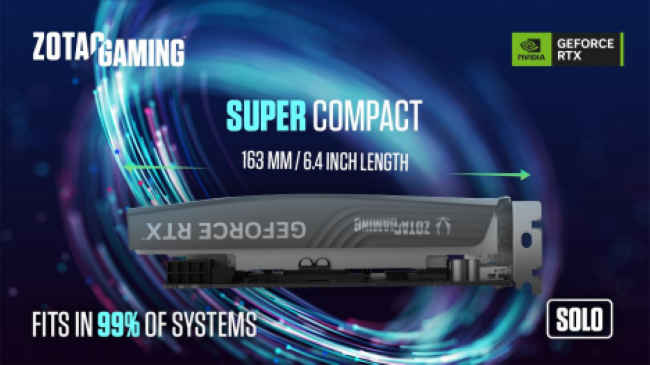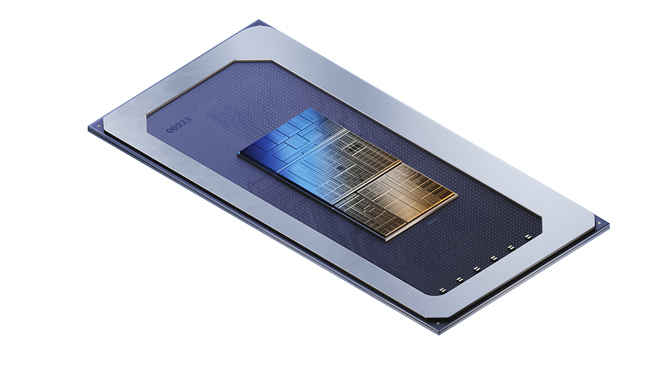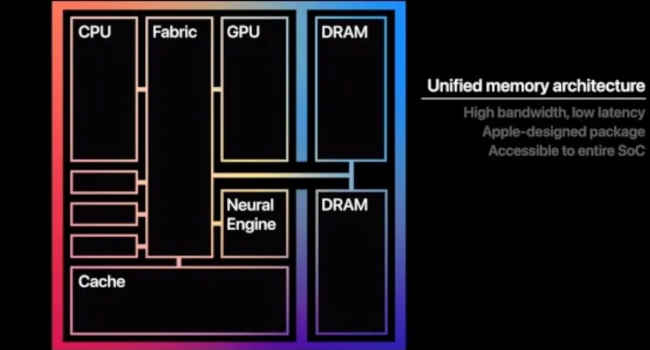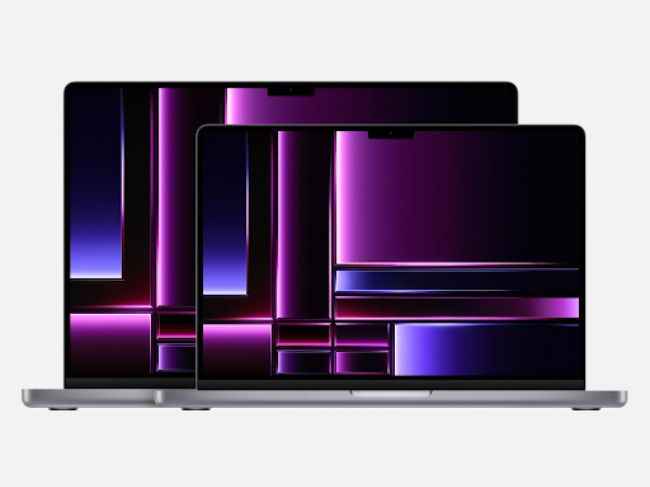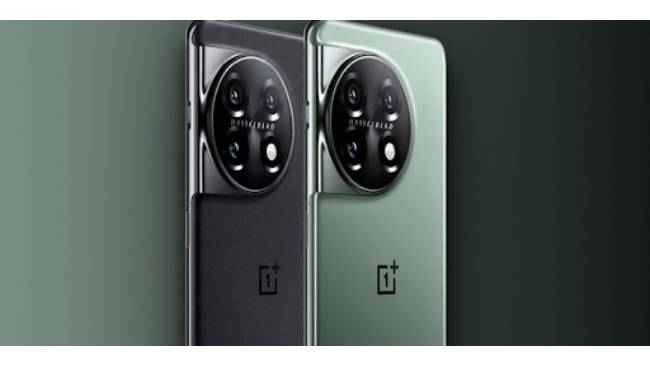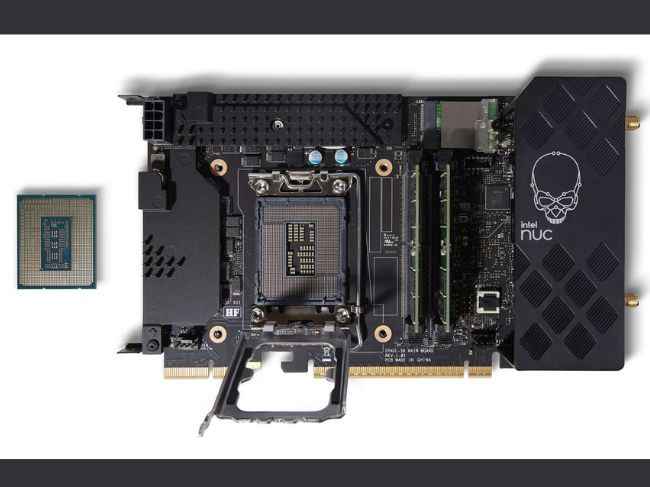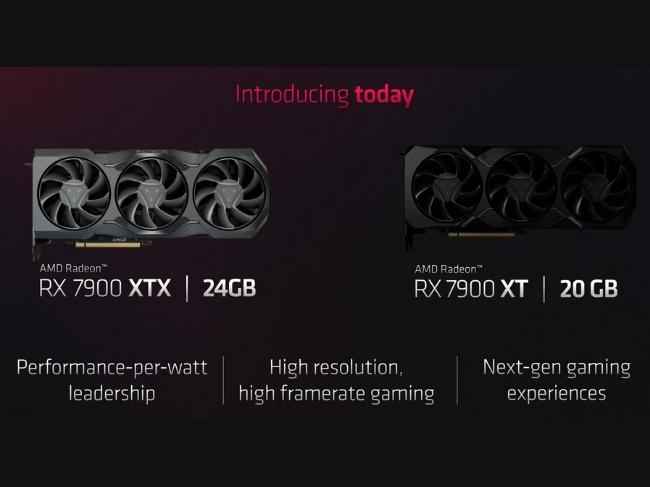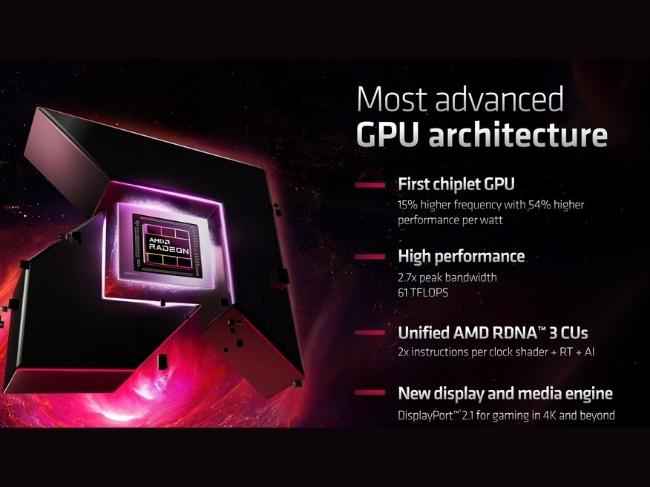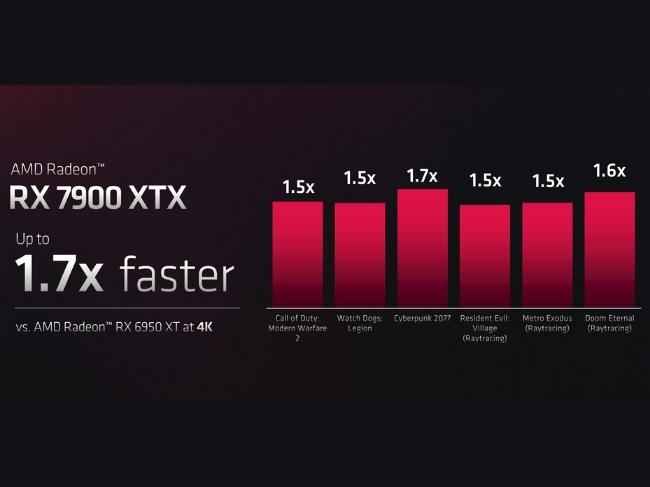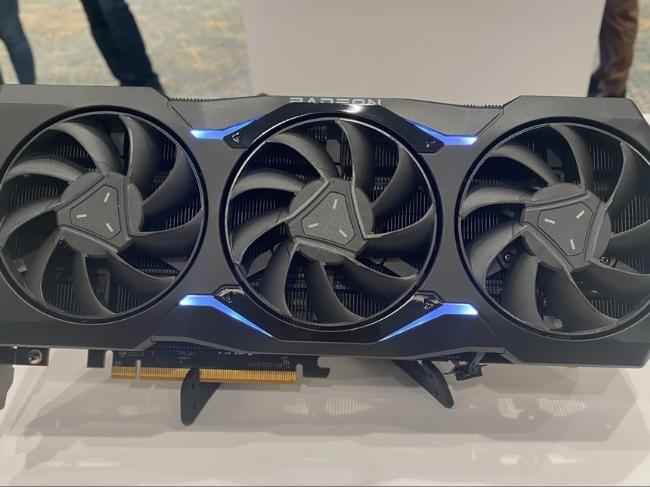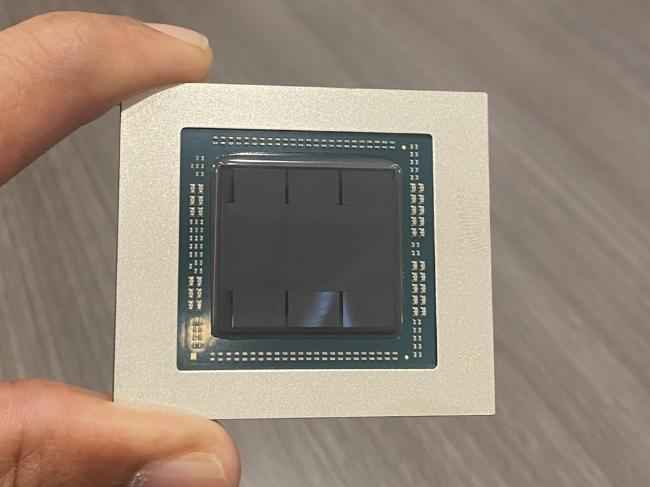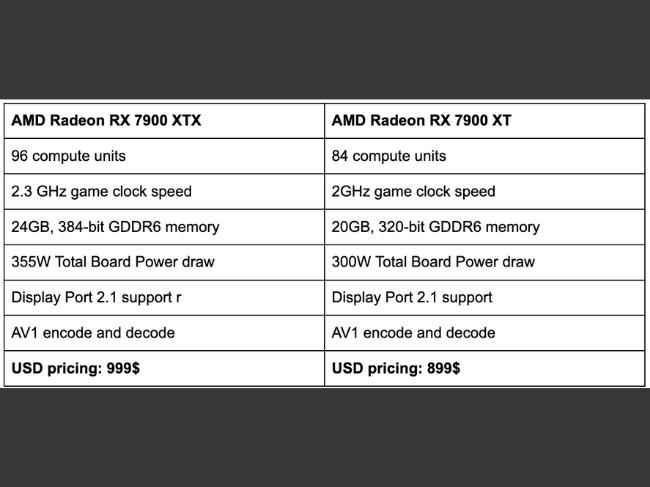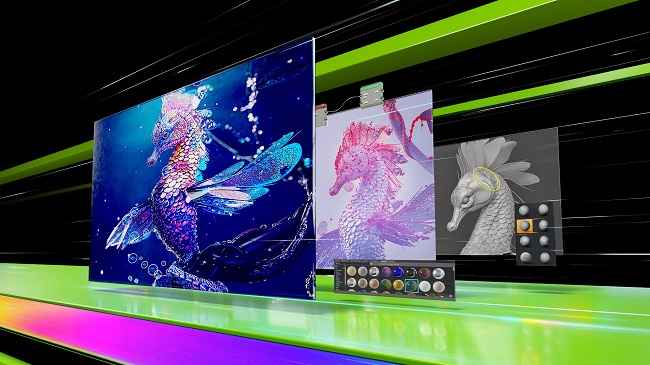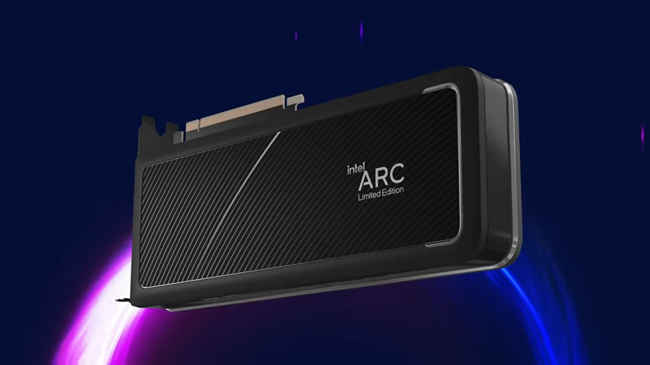AMD unveiled two new graphics cards - the AMD Radeon RX 7700 XT and RX 7800 XT - at Gamescom 2023. These two new GPUs join the flagship RX 7900 XT, 7900 and the lower mid-range 7600 cards. Both cards being announced today are based on the same RDNA 3 microarchitecture and have support for AV1 Codec as well as DisplayPort 2.1. The cards will be available for sale on the 6th of September, 2023 but pricing for either card is yet to be revealed. Indian prices for the cards will also be revealed closer to launch.
AMD Radeon RX 7700 XT SpecificationsThe RX 7700 XT, while positioned as a mid-range card, boasts specifications that would have been considered top-tier just a few years ago. With 54 Compute Units and an equal number of RT Accelerators, this card is designed to handle ray-tracing with ease. The inclusion of 108 AI Accelerators hints at AMD's focus on AI-driven tasks, potentially offering enhanced gaming experiences and more efficient content creation workflows.
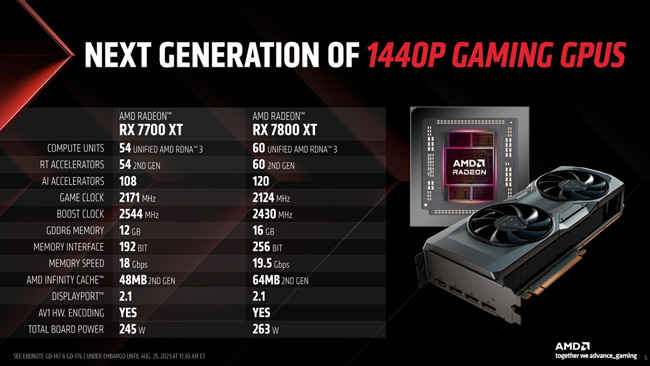
The game clock speeds peak at 2171 MHz, with a boost clock reaching 2544 MHz. Paired with 12 GB of GDDR6 memory running at 18 Gbps on a 192-bit interface, this card promises to handle modern AAA games with ease. There’s also the 48 MB AMD Infinity Cache which acts as an additional memory cache that will further reduce latency and improve overall performance.
AMD Radeon RX 7800 XT SpecificationsFor those seeking to get a few more frames, there’s the RX 7800 XT. With 60 Compute Units and an equal number of RT Accelerators, the 7800 XT offers slightly better ray-tracing performance. Similarly, the 120 AI Accelerators will come into play as more software incorporate AI features.
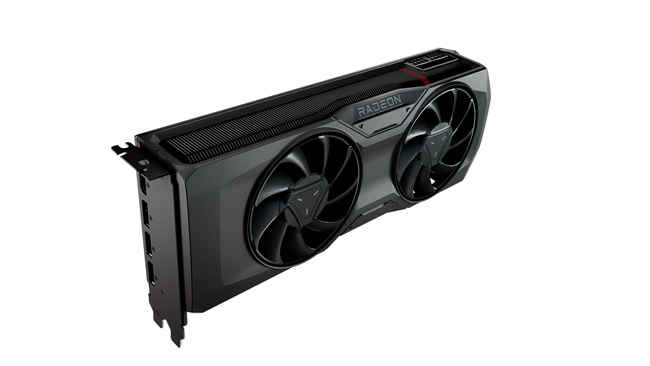
The game clock on the RX 7800 XT is slightly lower than its sibling at 2124 MHz, but its boost clock still reaches 2430 MHz. This is common when the cores within a CPU or GPU scale. Also, it would seem that AMD is not holding back on the memory front. With a whopping 16 GB of GDDR6 memory running at 19.5 Gbps on a 256-bit interface, this card is designed to handle higher quality textures and run at higher resolutions, be it 4K gaming, VR, or high-end content creation. Although, AMD is primarily positioning both cards for 1440p gaming. And, there’s also 64 MB of AMD Infinity Cache to help get a little extra performance.
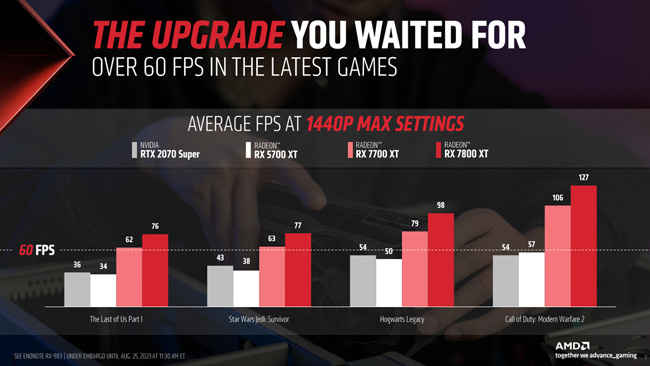
Both cards come with support for DisplayPort 2.1 and AV1, ensuring compatibility with the latest displays and also include support for what’s purported to be the next mainstream CODEC. The total board power for the RX 7700 XT and RX 7800 XT stands at 245 W and 263 W. AMD has had a rather disastrous launch with the RX 7600 which offered incremental performance gains over the 6650 XT, so we can only hope that the 7700 XT and 7800 XT offer a lot more than their predecessors, especially since these are launching about nine months after the first RDNA 3 card was announced. In the above graph, we only see the 7800 XT and 7700 XT cards being compared against the 4-year old RDNA 1-based RX 5700 XT from AMD. So the performance gains over the 6000 series cards will only be clear once the reviews are out.
Software Improvements: FSR 3 and Hyper-RXAMD’s FidelityFX Super Resolution (FSR) and Radeon Super Resolution (RSR) have been great additions on the software front, especially considering that FSR is more open and is not locked to the latest-gen cards. However, FSR developments have slowed a little compared to the competition and with FSR 3, they’re playing catch up with the introduction of Fluid Motion Frames which is similar to Frame Generation from NVIDIA. FSR 3.0 was announced last year alongside RDNA 3 but has not been launched yet. If rumours are to be believed, we might see FSR 3.0 sometime next month. Several video games, already launched and those yet to be, have promised to incorporate FSR 3.0. These include games such as CyberPunk 2077, Frostpunk 2, Starship Troopers Extermination, Immortals of Aveum and more.
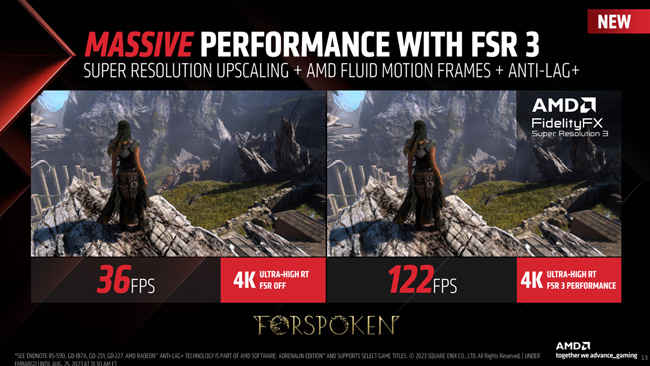
Another interesting announcement is that of Hypr-RX. AMD’s software stack has had several interesting technologies to improve the experience of gamers. These include AMD Radeon Boost, Anti-Lag and Radeon Super Resolution. Unfortunately, all of these technologies could not be used in tandem. That limitation goes away with Hypr-RX which ensures that all three technologies will work at the same time. AMD also stated that Fluid Motion Frames, a technology that generates and interpolates frames to boost FPS, will also be included in the driver itself. However, this will not happen at the launch of Hypr-RX. That will come a little later.
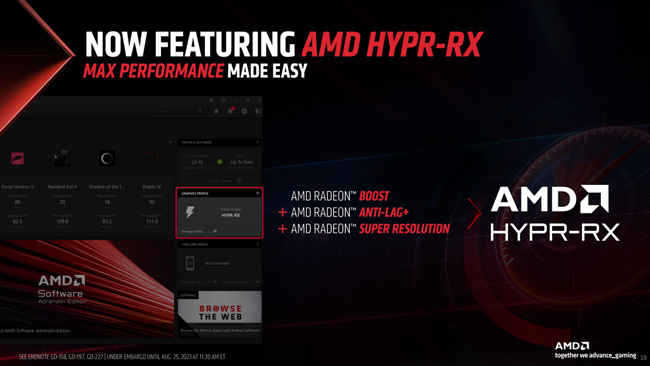
from PC Components News https://ift.tt/p13VwQm
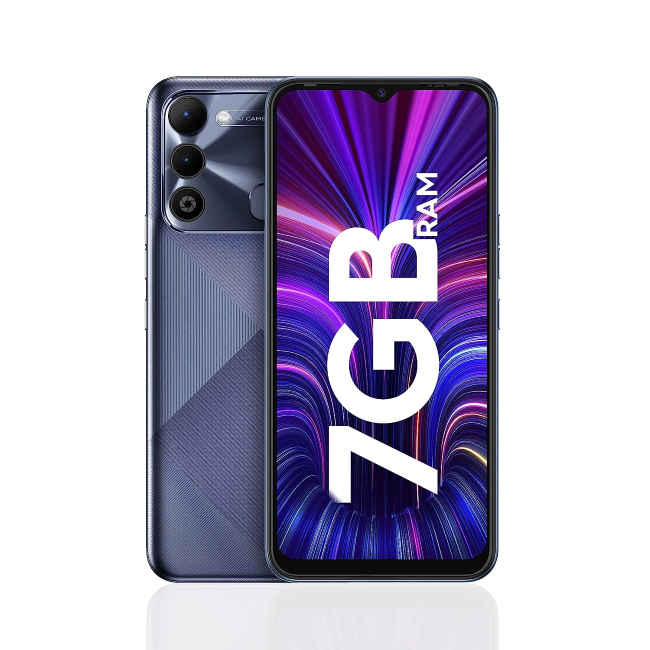 Tecno Spark 9
Tecno Spark 9
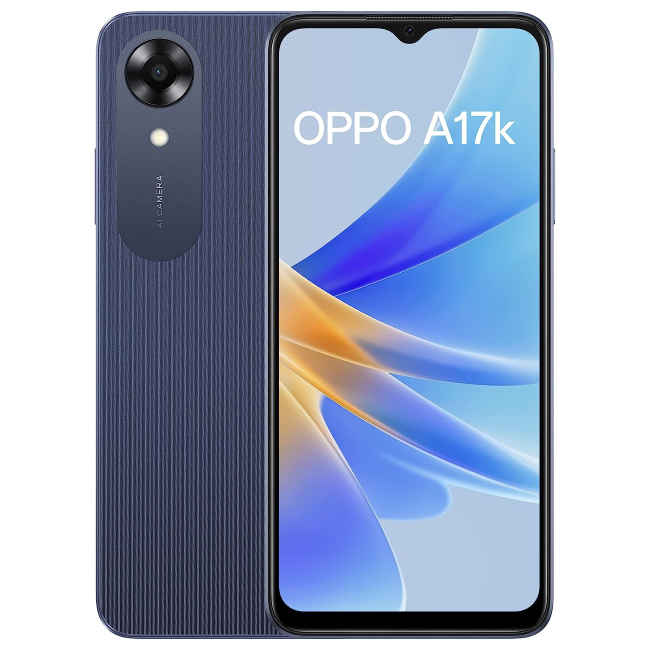 OPPO A17K
OPPO A17K
